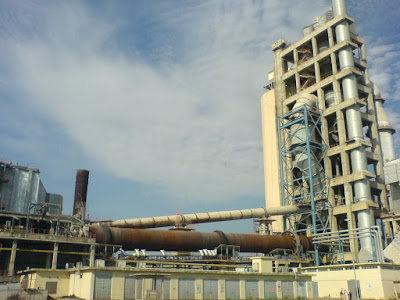Technical and vocational training: Nigeria on the path of industrial growth ahead 2020?

Vocational training and repairs Countries that have embraced technical training have witnessed lower unemployment rate, ingenuity in technological inventions, economic autonomy, and increased individual productivity. This is however lacking in Nigeria, even as it continues its quest of becoming one of the 20 leading economies by 2020, writes ALEXANDER CHIEJINA. Technical and vocational education (TVE) has been an integral part of national development strategies in many countries following its impact on productivity and economic development. While technical education contributions are widespread and visible ranging from metalwork technology, mechanical/ automobile technology, electrical and electronic technology, building and woodwork technology etc, this form of education has become change agents not only for technical systems but several societal changes. A close evaluation of public and private investment of TVE in European countries such as Germany, Sweden, Denmark, United K

